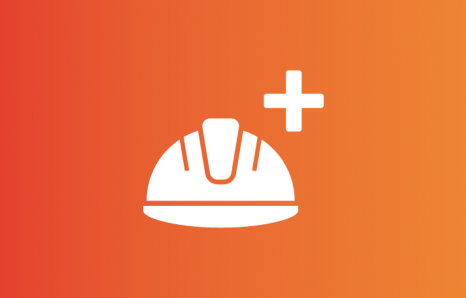Everyone should be able to do their job without someone threatening, assaulting or harming them. But on the railway’s front line, sadly, that isn’t always the case. In fact, RSSB statistics show that a staggering 94.1% of frontline staff have experienced workplace abuse. In this session, British Transport Police’s Inspector Keith Barnes describes how incidents of violence against railway staff can occur and how to de-escalate them. He also talks about how body-worn cameras can be both a deterrent and an aid to evidence-gathering once an assault has occurred.
You may also be interested in:

Our industry-leading health dashboards
Over 20 rail companies are signed up to the award-winning rail industry health data dashboard project. The findings are already providing a powerful tool to generate evidenced based decisions to help businesses to improve overall wellbeing and health for rail staff. This session covers how companies have overcome the challenges of collecting health data, what to do if you are unsure or don’t know where to start collecting data and how it supports the story telling; answering the “why” and “so what” when taking action to drive change.

Understanding hidden disabilities
Watch this talk on hidden disabilities and how labels and language shape our perceptions. Explore the challenges people face and simple ways to foster inclusivity. Learn to raise awareness, improve accessibility, and create a supportive environment.

Health and wellbeing data dashboard
Research analysts and health & wellbeing specialists showcase the new dashboard designed to help the rail industry and rail organisations to measure employee wellbeing – with data insights and discussion.
